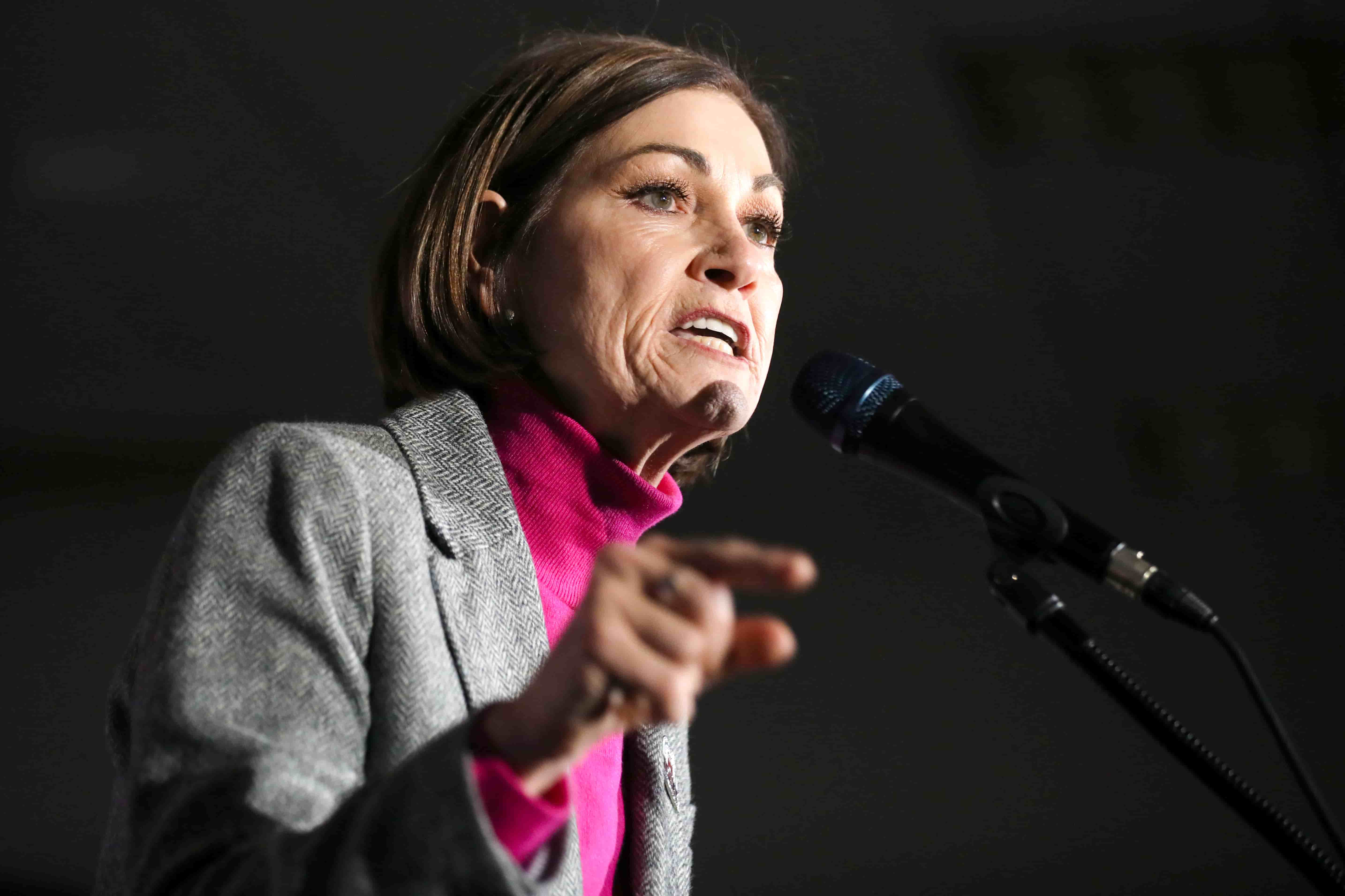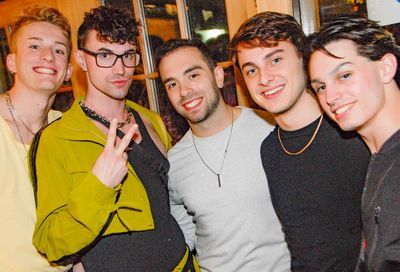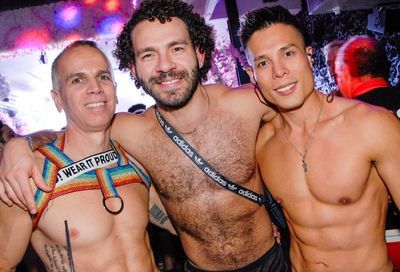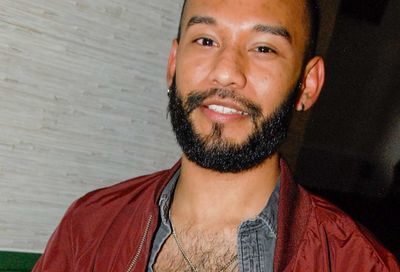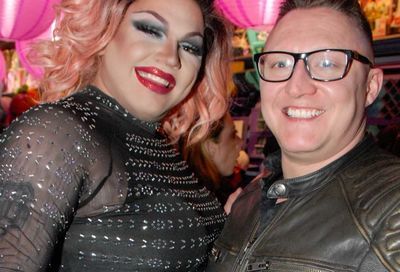Former employee accuses Eli Lilly and Co. of harassment because he is gay
Lawsuit is the latest alleging that employers who discriminate against LGBTQ employees are violating their Title VII rights

A former research scientist for pharmaceutical giant Eli Lilly and Co. claims that he was harassed on the job and discriminated against because of his sexual orientation, reports the Indianapolis Star.
Jeffrey A. Willy, who worked at the company from 2007 to September 2018, has filed a lawsuit in the U.S. District Court for the Southern District of Indiana claiming that he “endured harassment, a hostile work environment, and discrimination.”
In a brief, Willy’s lawyers claim that the company violated his rights under Title VII of the Civil Rights Act, which prohibits discrimination based on sex.
Willy, who received a master’s degree from Purdue University in biology and a doctorate from Indiana University in biochemistry and molecular biology, originally started as a toxicologist before being promoted to senior toxicologist, consultant toxicologist, and eventually, in 2016, research scientist.
However, among the complaints lodged in the lawsuit, Willy claims that he received a low ranking and lower-than-expected raise during his end-of-year review after a supervisor quoted responses he gave to an allegedly “confidential” survey that he filled out in 2009.
As part of that allegedly “confidential” survey, Willy answered a question inquiring about his sexual orientation and suggested that his supervisor needed to work on the areas of communication skills and diversity.
Willy also alleges that one of his supervisors spoke derisively about gay people and used a homophobic slur.
He also alleges that when he was waiting for an attendant to finish cleaning the men’s restroom, a co-worker told him to use the women’s restroom, saying: “If all the weirdo transgenders are using whatever restroom they want to, the rest of us might as well.”
Willy claims he reported problems with a specific supervisor to the company’s human resources department, but was retaliated against for complaining. As a result, he was denied opportunities for promotions, raises, and was blocked from attending conferences or participating in speaking opportunities.
A spokesman for Lilly said the company can’t comment on the specifics of pending litigation, but issued a statement claiming that the Indianapolis-based company values diversity and inclusion, calling them “vital foundations of Lilly’s culture.”
“Respect for people has long been one of our core Lilly values — understanding, respecting and valuing differences among our employees and the people we serve,” the statement reads. “We believe that an environment of equality and inclusion is critical to fulfill our purpose to make life better through our medicines.”
Whether Willy will be able to move forward with his claim that the company violated his rights under Title VII remains to be seen. In 2017, the 7th U.S. Circuit Court of Appeals — which covers Indiana — established a new precedent under which the circuit recognizes discrimination based on sexual orientation as a form of sex discrimination. But that case, involving an adjunct professor who claims she was denied a promotion and full-time employment because she is a lesbian, has been appealed.
The U.S. Supreme Court could potentially take up the case, known as Hively v. Ivy Tech Community College, or one of several other cases in which circuit courts have either recognized or refused to recognize that LGBTQ people are protected from statutes preventing sex-based discrimination.
If the high court takes up one of those cases, it will have to decide whether the law protects LGBTQ people for discrimination. If they decide it does not, the only remedy would be to have Congress and a president approve legislation similar to the Equality Act, which would explicitly state that it is illegal to discriminate based on sexual orientation or gender identity.
Support Metro Weekly’s Journalism
These are challenging times for news organizations. And yet it’s crucial we stay active and provide vital resources and information to both our local readers and the world. So won’t you please take a moment and consider supporting Metro Weekly with a membership? For as little as $5 a month, you can help ensure Metro Weekly magazine and MetroWeekly.com remain free, viable resources as we provide the best, most diverse, culturally-resonant LGBTQ coverage in both the D.C. region and around the world. Memberships come with exclusive perks and discounts, your own personal digital delivery of each week’s magazine (and an archive), access to our Member's Lounge when it launches this fall, and exclusive members-only items like Metro Weekly Membership Mugs and Tote Bags! Check out all our membership levels here and please join us today!




